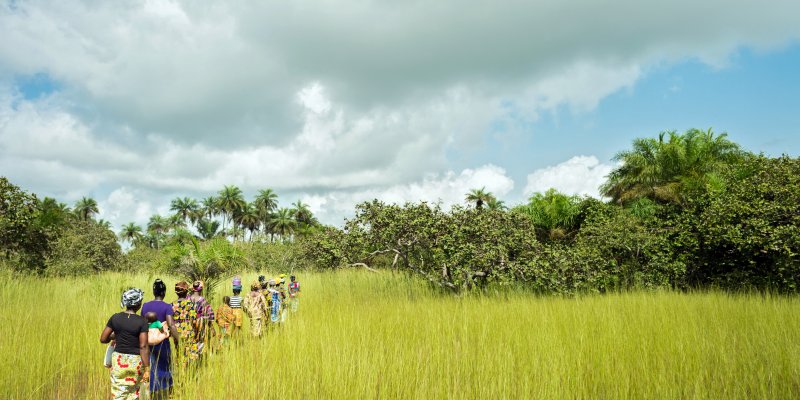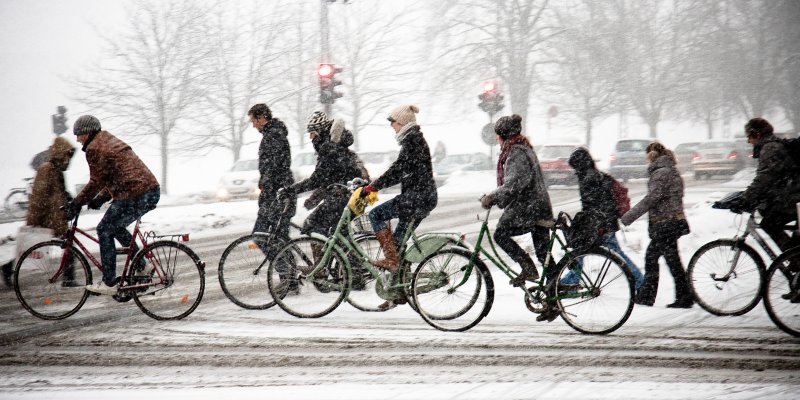Please note that the field guide is continuously evolving. If you have comments or suggestions, please send us an e-mail at transdisciplinary.fieldguide@uu.nl or fill in our feedback survey.
A Pathways to Sustainability initiative for bridging scientific rigor with societal relevance
Transdisciplinarity empowers universities to act as change agents and respond to societal challenges.
Ecological crises, social injustice, political polarization and other pressing challenges are all complex problems that don't fit into disciplinary boxes. They are better understood by engaging directly with societal stakeholders. Transdisciplinary research enables integration of scientific and non-scientific knowledge to address these challenges.
This guide is for academics, staff and graduate students committed to research that is socially relevant and engages societal actors. It is for those open and curious about new ways of working and producing knowledge.
Utrecht University is taking steps to support transdisciplinary research
Historically, transdisciplinary research lacked support and was not easily recognized in how universities judged academic merit, but this is changing. As a public institution, UU embraces its social mandate to contribute to creating a better world. Utrecht University is joining other universities in adapting promotion and tenure, hiring practices and incentive structures to recognize transdisciplinary work. It is also orienting its strategy to further support research that aims high for societal impact. This is happening through:
- providing resources for strategic themes
- establishing transdisciplinary consortia.
- establishing the new MERIT system that includes impact as part of the assessment process.
Nevertheless, for individual researchers and staff, it may be hard to navigate these changes, as new career options and possibilities for specialisation become available. Use this guide to explore your options and identify some of the dilemmas you may face.
Acknowledgements
This field guide is developed by the Pathways to Sustainability program team: Jonas Torrens, Vanessa Timmer, Maarten Hajer, Annemarie van de Vijsel, Emmy Ruiter, and Annisa Triyanti. It draws on the insights and approaches of Transdisciplinary Visiting Professors dr. Arnim Wiek, dr. Katja Brundiers and prof. dr. John Robinson. We are grateful for their contributions and for their invaluable feedback on this guide. Thank you also to Sigrid Dekker (coordinator Field Stories) and Bas Huissen (designer) for their assistance in developing the guide's content, and to the members of the Pathways Program Board, dr. Peter Pelzer and Charlotte Ballard for their helpful review. We continue to adapt this field guide and welcome your feedback and input.












